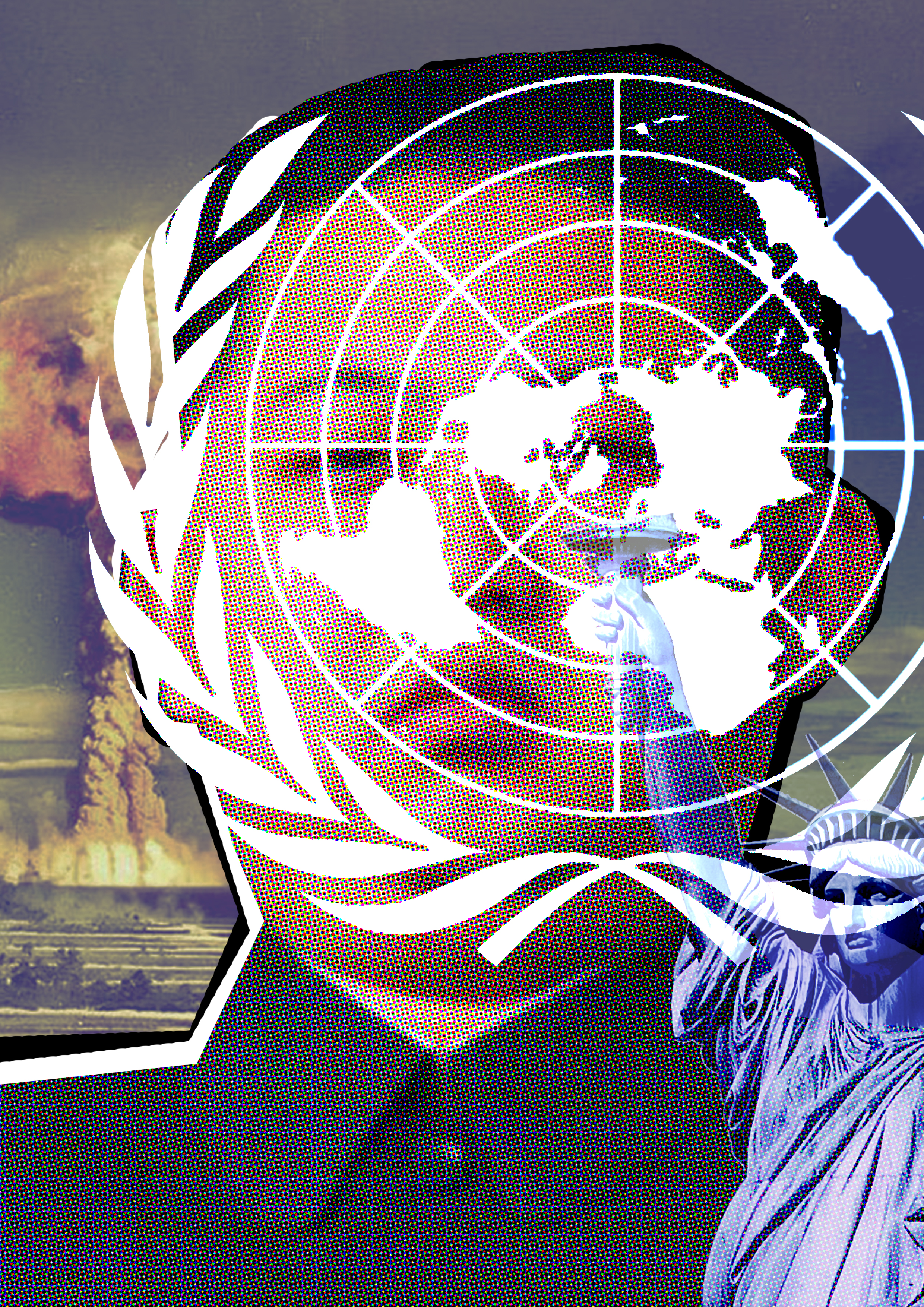North Korea

Sanctions and diplomatic isolation have seemingly had little impact on North Korea’s pursuit of a nuclear arsenal.
US President Donald Trump has welcomed the apparent dÉtente between North and South Korea. He has even claimed responsibility for it, saying his bellicose rhetoric has largely been responsible for inter-Korean attempts to find common ground. However, North Korea will likely continue to try and use the promise of further talks in an attempt to pressure South Korea to suspend joint military drills with the US, playing the allies against each other by taking advantage of South Korea’s desire for peace. Seoul has already suspended all drills until after the Winter Olympics, largely to prevent Pyongyang from carrying out any provocations during the event. North Korea is therefore expected to use the threat of withdrawing from the bilateral talks to try win further concessions from South Korea without making any significant sacrifices. This will likely cause the current state of improved relations to collapse sometime after the Winter Olympics, especially as President Moon comes under increased pressure from both the US and largely conservative domestic sources.
Meanwhile, given the improvements to North Korea’s arsenal and the unpalatability of a military strike on the country, the US is running out of effective preventative strategies. Sanctions and diplomatic isolation have seemingly had little impact on North Korea’s pursuit of a nuclear arsenal. The US will therefore have to attempt to contain the emerging threat by improving the missile-defence capabilities of its regional allies. Japan, for example, has decided to deploy the Aegis Ashore missile defence system to intercept missiles launched from North Korea. However, the deployment of these missile defence systems will be heavily opposed by Russia and China, as their missile capabilities will be undermined. As such, efforts to contain North Korean missiles has the potential to result in a regional arms race, which would have a detrimental impact on US relations with China and Russia.
North Korea will therefore continue to have the upper-hand in 2018, as hostile relations between the regional powers will prevent a unified front against Pyongyang’s nuclear ambitions, undermine international sanctions against the country, and contribute to strained relations among the multitude of players in the regional stalemate.